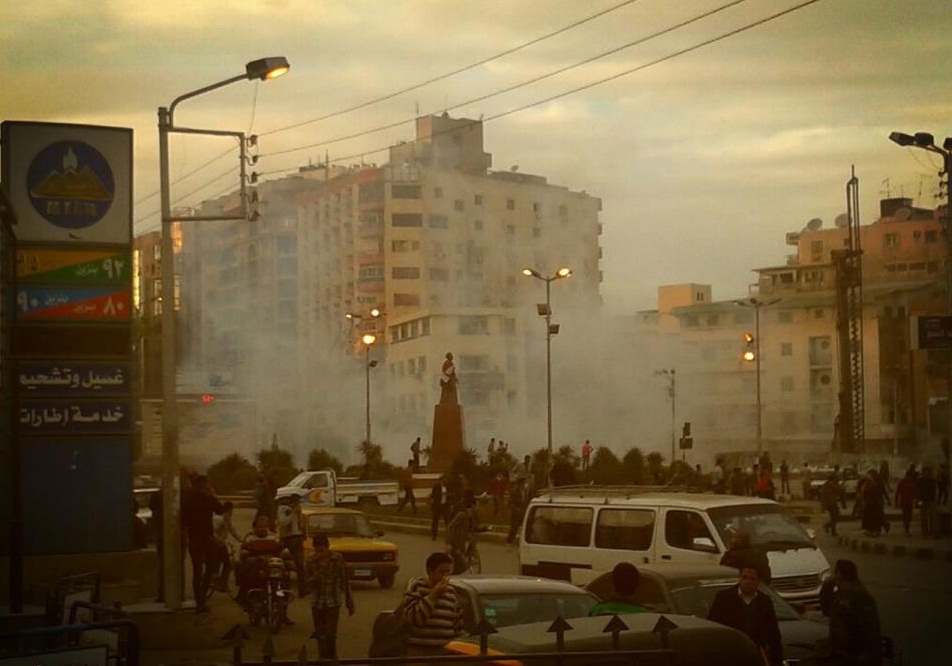BAGHDAD: Iraq was poised to set a disturbing record on Friday by failing for longer than any other country to form a government after elections, as parliament languishes and fears about growing insecurity persist.
Iraqis went to the polls on March 7 to elect new representatives, but the two largest blocs finished narrowly apart, preventing both from having sufficient seats in parliament to govern on their own.
That set the stage for a political impasse that continues 208 days later, the same as The Netherlands in 1977, according to Professor Christopher J. Anderson, the head of Cornell University’s Institute for European Studies.
What is more worrisome is that it shows no signs of ending on Friday, which would break the Dutch "record."
Iyad Allawi’s bloc, which won the largest number of votes, has said it will not work with any government headed by incumbent Prime Minister Nouri Al-Maliki, whose alliance finished two seats behind.
Maliki has since sought to create a larger coalition with parliament’s third group, in a bid to overcome Allawi’s wafer-thin lead.
The stalemate has stalled progress in rebuilding the country and coincides with a spike in insurgent activity apparently seeking to take advantage of the political vacuum, and with a downturn in the number of refugees going home.
"I sometimes regret voting," Haidar Ibrahim said glumly, sitting in parliament’s main hallway where a large sign hangs welcoming the chamber’s new cohort of representatives, selected in the March elections.
"From the very beginning (after the elections), there were always disputes among the political blocs — the calls for recounts, the delays to the results. How could I have hope after all these things happened?"
The 25-year-old, whose job it is to make sure parliament’s elevators function properly, said he often sees a handful of MPs at work each day, but only a small fraction of the 325 deputies.
His despondence was echoed by a 28-year-old army captain, part of parliament’s security team, who recalls that before the elections, "there was continuous activity here."
"But my happiness did not last for long, because activity started to decrease right after the election," said the man, who declined to give his name.
"I still have hope, though, that the government will be formed soon, and my happiness will return."
Sitting in the conference room of parliament’s immigration and displaced persons committee, Kurdish MP Mahmoud Othman admits that while he comes in to work almost every day, "I don’t know what to do."
"We are busy, but it’s sad. You come here, you don’t see people, you don’t have meetings. We are forcibly on leave!"
Othman, who is not allied to any bloc, said any blame assigned to MPs by voters was "justified" and that Iraqis’ faith in democracy was "very much shaken."
"They think that if this is the parliamentary system, then why have it? Now there is no boss in Iraq, parliament is the highest authority, and it is not there."
"People are disappointed, but they have a right to be."
The lack of a new government has left crucial legislation stalled. Notable is a hydrocarbons law that would govern the distribution of Iraq’s vast oil wealth and another establishing key rules for badly needed foreign investment.
All these months without a new government has also scared ordinary citizens from passing on much-needed intelligence about insurgents, according to a senior US officer.
"They are essentially fence-sitting," Brigadier General Ralph Baker, the commander for US forces in Baghdad, said on Wednesday.
"And when they do that, the tendency to share that kind of information that the security forces need to be highly effective diminishes somewhat."
Baker added that levels of violence are unlikely to decline until a new government is formed.
While the number of attacks in Iraq are down dramatically from the peak of a sectarian war in 2006 and 2007, which left tens of thousands dead, July and August were rated as two of the deadliest since 2008, Iraqi figures showed.
Also, UN diplomats in Baghdad said on Wednesday that the stalemate has dissuaded refugees from returning home in the months since the election.
Monthly returns of refugees from outside the country and of internally displaced persons had averaged between 15,000 to 20,000 a month in the year and a half before the election, but that figure has dropped to around 10,000 since.
A UN official said 45 percent of refugees in neighboring Syria and Jordan questioned by the UN refugee agency had said they did not want to return to their homeland because of political uncertainty.

